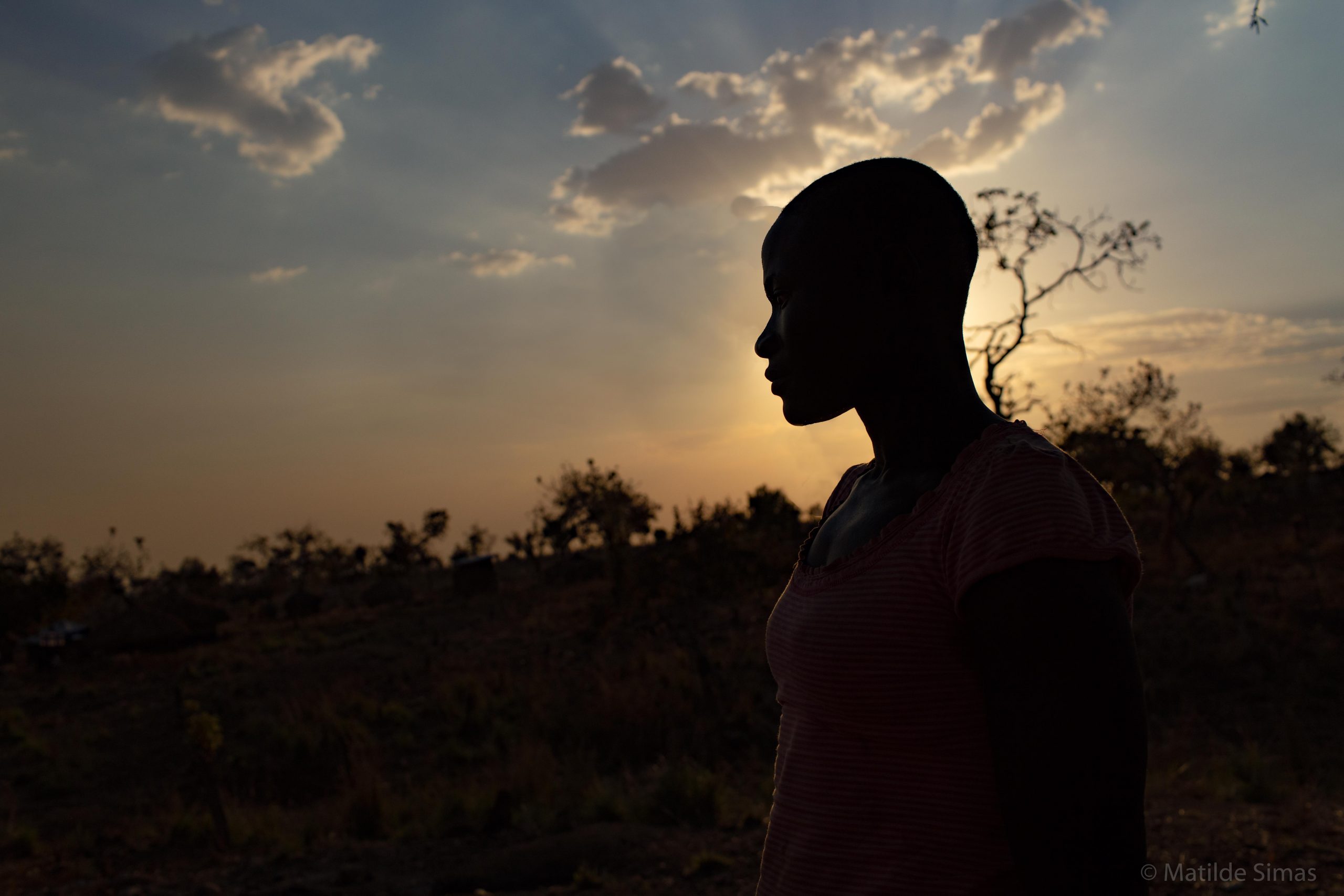Africa

Silhouette photo of trees in Africa. Photo by Florian Berger
“I never knew of a morning in Africa when I woke up that I was not happy.”
–Ernest Hemingway
Explore Africa , its not only a colorful continent but also the world’s second largest and second most populace land mass. The continent hosts a broad diversity of 3,000 ethnic groups and cultural heritages that compose 2,000 different languages.
The earliest evidence of homo sapiens is found in Africa and that is why the continent is often referred to as the “cradle of civilization”.There are 54 sovereign countries on the African continent. The borders of some countries shift slightly because of armed conflict between ethnic groups. But most of the borders were drawn during the time of European colonialism.
The 54 countries within the African continent include: Algeria, Angola, Benin, Botswana, Burkina Faso, Burundi, Cabo Verde, Cameroon, Central African Republic, Chad, Comoros, Congo, Republic of the, Congo, Democratic Republic of the, Cote d’Ivoire, Djibouti, Egypt, Equatorial Guinea, Eritrea, Ethiopia, Gabon, Gambia, Ghana, Guinea, Guinea-Bissau, Kenya, Lesotho, Liberia, Libya, Madagascar, Malawi, Mali, Mauritania, Mauritius, Morocco, Mozambique, Namibia, Niger, Nigeria, Rwanda, Sao Tome and Principe, Senegal, Seychelles, Sierra Leone, Somalia, South Africa , South Sudan, Sudan, Swaziland, Tanzania, Togo, Tunisia, Uganda, Zambia and Zimbabwe.
Explore Africa, everything from its history, cultural heritage to diverse mix of people. The land offers a lot to those who are passionate about traveling.
Explore South Africa’s art revolution with Soweto Fine Art, uncover the hidden creative spirit of Eritrea, and dive into a powerful conversation on African art, identity, and preservation with Galerie Myrtis in Baltimore.
Marrakech is one of the most exotic and enchanting places in the world. Although Marrakech is not the capital of Morocco, this vibrant city's appeal never fails to entice tourists from around the world to come and visit. If you're seeking the ultimate Moroccan experience and Marrakech red city is on your bucket list, keep reading to learn more about this amazing destination.
When I visited Rwanda as a solo female traveler, I was pleasantly assured by how secure I felt, and empowered by how confidently I was able to move around this beautiful country.
Gliding silently through the winding channels of the Okavango Delta, I felt a bit nervous. Our mokoro canoe, a type of dugout canoe skillfully guided by a local poler, sliced through the murky waters as we navigated past water lilies. But the large pod of hippos standing at the shore not too far away dampened the soothing atmosphere. The remaining serenity was suddenly broken by a loud splash and grunt – a reminder that we were sharing these waters with some of Africa's most formidable creatures.
As travelers, one of the most exciting aspects of visiting another country is experiencing a new culture. We get the opportunity to learn about the history of places around the globe, participate in local events, and experience traditions and cultural practices first-hand. But, we also have a responsibility as global citizens to travel ethically and only participate in socially responsible tourism.
I knew very little about the black rhino when I first arrived in Africa. In fact, I knew next to nothing about African wildlife in general and even less about the impact of hunting in Zimbabwe. After three years guiding on the continent, black rhino poaching is now a problem with which I am very familiar.
Music has long been a passionate harbinger of change and social activism. From Woody Guthrie’s “This machine kills fascists” message emblazoned on his beat-up acoustic guitar to Bob Dylan’s powerful political messages in “The Times They Are A Changin’,” to the Woodstock era’s desperate and eloquent pleas for peace during the Vietnam War, and up to Bruce Springsteen’s Vote For Change tours in the 21st century, the musical community has consistently used its platform to advocate for a better world. Perhaps no single musician has had a bigger influence on a larger audience than the brilliant Senegalese musician/percussionist/activist Youssou N’Dour.
In an exciting new endeavor, World Footprints, in collaboration with Intrepid Travel, is offering an extraordinary travel experience titled "Egypt Unveiled with World Footprints." This exclusive 9-day trip will run November 12 - 20, 2024, and marks a significant step forward in sustainable, culturally immersive travel, perfectly aligning with the core missions and values of World Footprints.
From long, uncomfortable trips to challenging accommodations, humanitarian travel isn’t typically glamorous. Massachusetts-based social documentary photographer and Capture Humanity founder Matilde Simas recently traveled to Imvepi Refugee Settlement in Uganda to explore the ways that children are exploited due to war.
Although located in the very heart of East Africa, Uganda is much less visited than most countries in East Africa and receives just a fraction of the visitors who arrive in neighboring Kenya each year for an adventure into the Masaai Mara.
From the new Morgan Freeman film, Invictus, to the 2010 FIFA World Cup Games, South Africa has become a lead actor on the world’s stage. What is most striking about this beautiful nation is that the South African natural landscape is as compelling as the journey through the places shaping the country’s transformation from apartheid to a multicultural democracy.
Mombasa is a sublime mix of cultures and one of the most popular destinations in East Africa for white powdered sands and five-star luxury resorts. At the same time, there is as much to experience for backpackers as there is for wealthy tourists and this is best seen in the variety of things to do in Mombasa.














